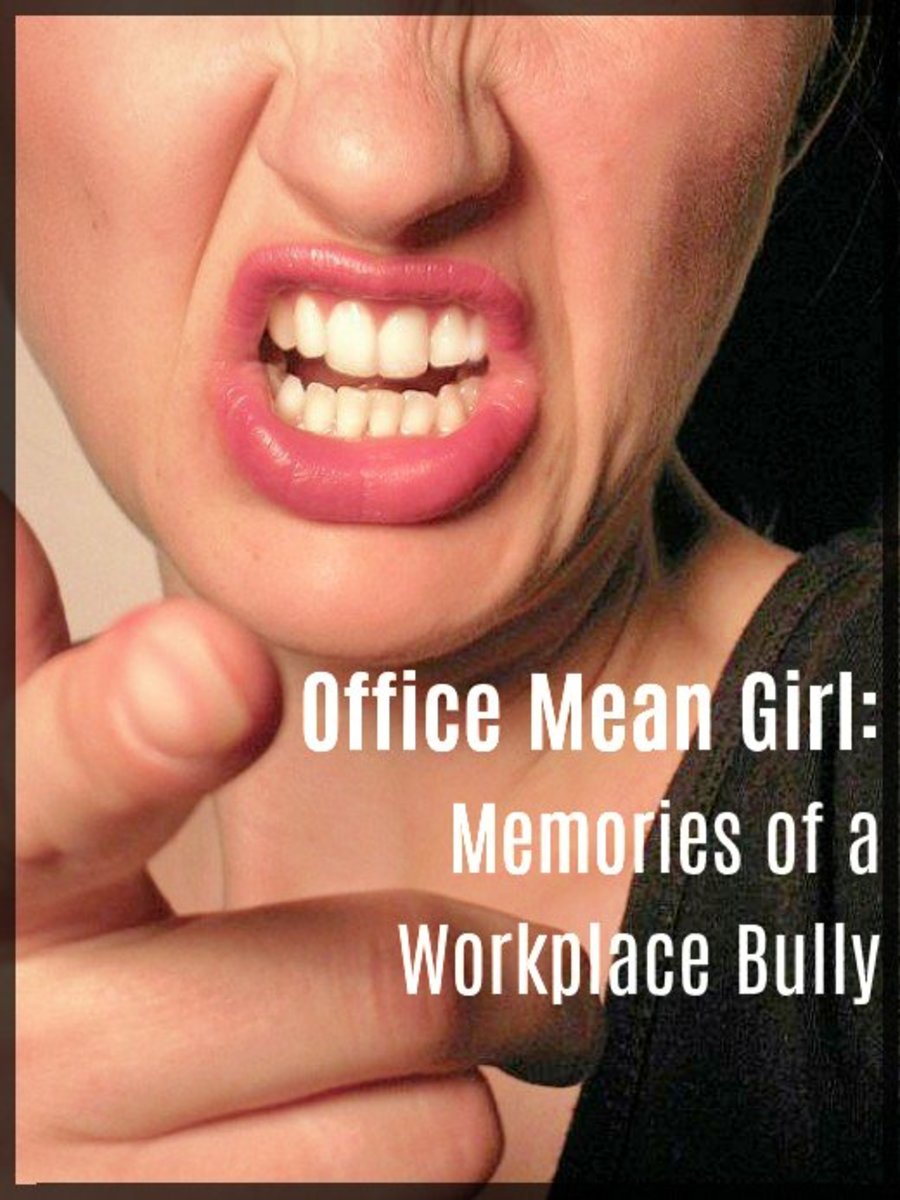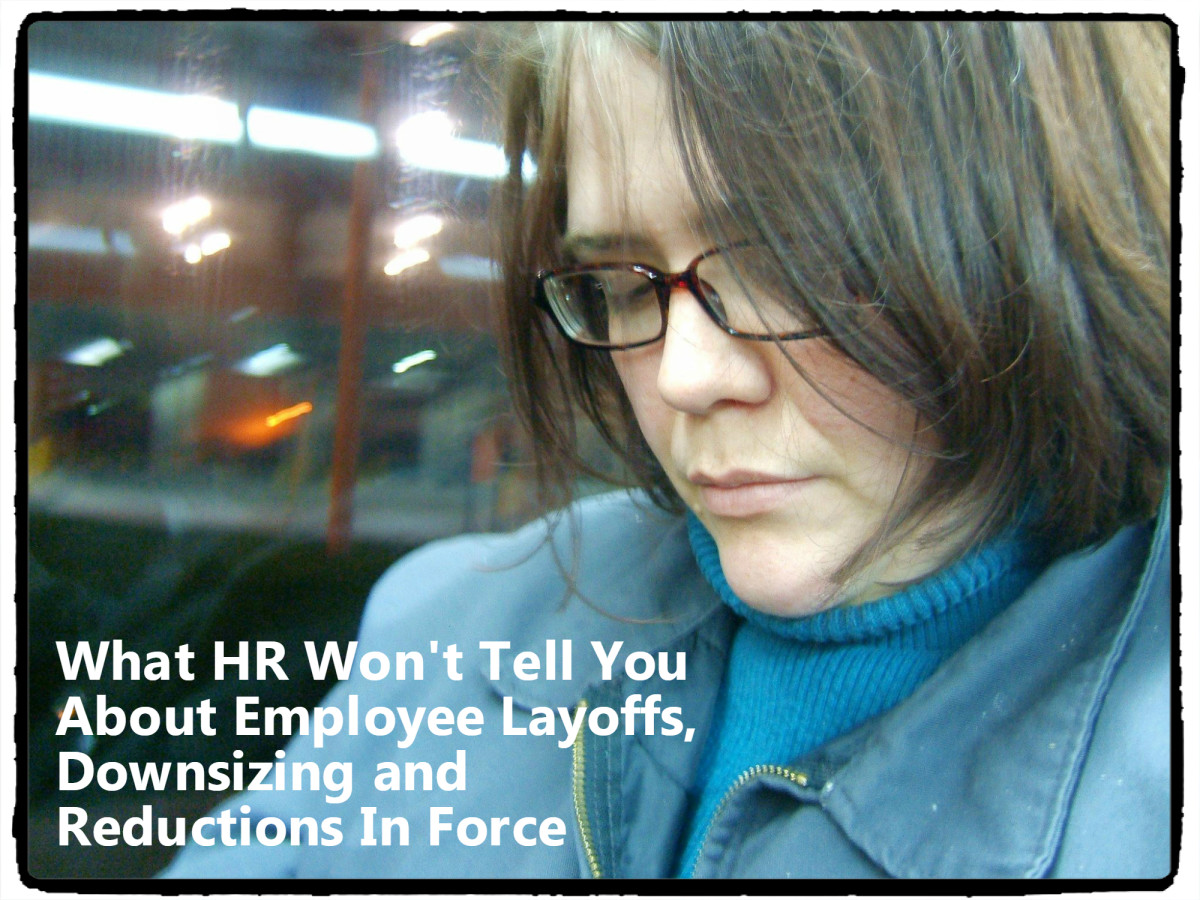Why Employee Counselling Is Important At Workplace?
Intro
Employees face lots of problems in their day to day life. They may have a problem with their juniors, peers, system of the work or may have a problem in personal life. This problem affects their work, career and output in the job. I too work in a company. And I expect my human resource manager to consider my personal life problem as well. That is affecting my productivity.
It is crucial for organizations to overcome these problems borne by us. Employee counselling is the most effective solution. It is a process where a responsible manager or counsellor provides advice to us. It is similar to the session, which takes place via physical or online mode. In these sessions, counsellor infers our problems and provides guidance, and many suggest ways to solve them.
Feature
Employee Counselling is one of the crucial services offered to attract and retain us. It is a service which mainly focuses on both personal and professional problems. It is a continuous process, where the main objective is to find a solution to our issues. Both professionals and non-professionals can perform employee counselling. It is usually private so as to have informal chat or conversation.
Counselling at the Workplace
Conducting employee counselling is a vital task at workplaces. Since it helps us, the employees, to come out of the dilemmas. and get to know as to how much the employer cares for us. It is also useful to identify work-related problems and poor results. It also enhances our career growth and fills us with new confidence. It gives a new way to look at the situation with a new perspective and positive outlook. I personally believe your frustrations and stress will fade away up to some extent post counselling.
It reduces the percentage of absenteeism. On the other hand termination from an employer or resignation from an employee may be prevented. It also reduces the cost of hiring and training new employees as an old staff is retained. It results in the hope of smooth relations between employer and employee.
Function
We often lose our emotional balance while performing team goals and jobs and hence commit decisional errors. Counselling helps to be rational by clarifying the way of thinking. It also provides relief from frustration and stress. The counsellor allows us to share grief, and guide us to fetch relief from emotional tension. Being a process of motivation. Though it helps to bring internal changes in goals, values, and mental models. And also aids to leverage strengths and guard against the weaknesses.
Types of Counselling
The success of the counselling programme largely relies on the methods, techniques and the skills used by the counsellor. Methods and techniques of counselling depend on the problem we have in a particular situation. Some common types of counselling methods used by counsellor are:
1. Directive Counselling
In this type of counselling counsellor first, listen to the employee’s problem. Then, decide on what should be done. In the final step, he finds out the right course of action and motivates us to follow the suggested course of action.
2. Non-directive Counselling
This is also known as client-centred counselling. In this method, the counsellor hears our issues with patience and tries to understand it. Then he takes actions which are counsellee centred. Managers of many organisations follow the same technique. They do such to retain their employees.
3. Cooperative Counselling
This is also called as participative counselling This is a middle approach to solve our problems. It is neither wholly counsellor-centred nor counselee-centred. Counsellor and counselee together apply their knowledge, skills and views into the problems to find potential solutions.
Role of Councellor
Maybe there were some occasions during work when you feel the need for guidance and counselling. And this calls for the need of a counsellor to overcome employees' problems. The councellor helps employees in many ways. The counsellor must form a rapport with employees so that they can freely discuss and share their views. He should gain insight into the dynamics of their behaviour by providing necessary feedback. He also increases the personal and interpersonal strength of employees by helping them in analysing their interpersonal competence. He must prepare other action plans for improving employees output and behaviour.
Challenges to Effective Employee Counselling
Sometimes, I feel uneasy to share my problems with the manager or counsellor. Lack of trust in the counselling process is another big challenge. Being a two-way process it is time-consuming and also a costly technique to solve employees' problems. If the counsellor is incompetent it defeats the very purpose of counselling.
Verdict
If the counselling is done properly by keeping in view the conditions. Then it can give great results in improving morale, behaviour, and output of employees. It also develops a healthy working domain and that is essential for overall growth. If the genuine aim is to solve the problem through counselling then it will give better results on employees productivity.
Still, it is also important to understand that counselling, solely cannot improve the work environment, or make the workers productive. Along with the other tools, counselling has to be used as an auxiliary effort to bring out the required progress and changes in the behaviour of the employees.
This content is accurate and true to the best of the author’s knowledge and is not meant to substitute for formal and individualized advice from a qualified professional.
© 2020 Prateek Jain








